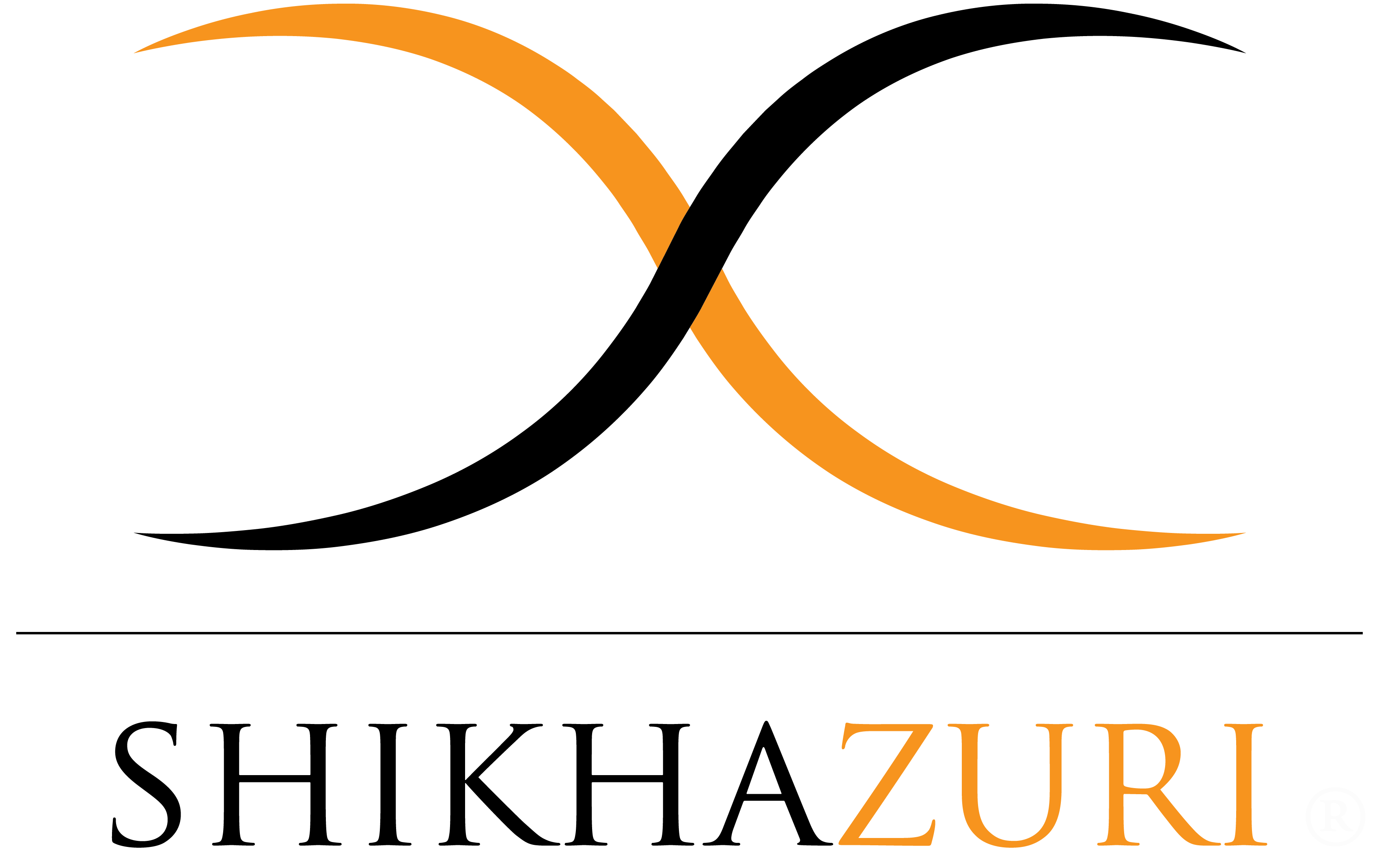Friendship Day – Communication is Key!

No man is an island, right? Could you imagine this life all by yourself? Often I need a shoulder, and at other times, someone else needs mine. That’s what friendship is for.
Friendship isn’t determined by how long you’ve known someone, nor their race, culture or mutual acquaintances. As with any relationship, it’s all about connection, and communication is key to nurturing that. This often leads to lifelong friendships, that effortlessly stand the test of time and distance.
It seems that there’s a day to celebrate almost everything these days, but reading about the history behind Friendship Day really resonated with recent life experiences. Before I elaborate, here’s a brief recap on the origins behind this day.
History and Significance
Friendship Day was introduced by Hallmark cards in the 1930’s, but fizzled out in the mid 1940’s in the US as it was viewed as a money making endeavour. However, in 1958, the World Friendship Crusade, an organization that campaigns to foster a culture of peace through friendship, proposed July 30th to be World Friendship Day. Fast forward to 2011, the UN General Assembly declared July 30th as the International Day of Friendship.
The rationale behind this declaration was to inspire a shared spirit of human solidarity between people, countries and cultures in light of threats to world peace, security, development and social harmony from challenges such as violence, poverty and human rights abuse.
Then and Now
Taking inspiration from this, I’ve found that nurturing friendships with women around the world can be really special and a great way to learn about and experience different cultures. This especially rings home to me now, being part of a showroom in Atlanta, consisting of women designer artisans from around the world. Travelling for business across the other side of the world on a regular basis may sound glamorous, but it’s challenging, tiring and involves a lot of hard work. But knowing that I’m going to reunite with ladies that were once colleagues and have now become dear friends has completely transformed the experience for me.
Who do you call when you have news (good or bad)? A girlfriend. Women support and stick by each other during all phases of their lives. Having a tribe of women sharing similar outlooks and who appreciate and support you, no matter what, can help immensely in the smooth transition of whatever phase of life you’re in.
Keep an open mind – expand your tribe
If you’re travelling this summer, immersing yourself in the culture of the native people you interact with and places you visit is one of the best ways to make the most of your holiday… and you never know, you may even meet some interesting people who could become lifelong friends.
But communication is key and can make all the difference in your experience of the destination. Just a few basic words such as “hello”, “thank you”, and “excuse me” can make a big difference to how people interact with you.
Here’s how to say these words in a few different languages, with a special focus within Africa. For good measure, we’ve included some jewellery related terms which will always come in handy when you’re out shopping. And when people complement you on yours, at least you can understand what they’re saying!
Hello
Hujambo – Swahili
Ni Hao – Chinese
Bonjour – French
Sawubona (I see you) – Zulu
Pẹlẹ o – Yoruba
Ciao (hello and goodbye) – Italian
Thank You
Weebale – Luganda
Asante – Swahili
Hatur nuhun – Sundanese
Ngiyabonga – Zulu
Mahadsanid – Somali
Je vous remercie – French
Danke – German
Excuse me
Owange – Luganda
Samahani – Swahili
Iga dhaaf – Somali
Hapunten – Sudanese
Uxolo – Zulu
Entschuldigen Sie mich – German
Excusez-moi – French
How much is it?
malini lokhu? – Zulu
Mmekka Ssente? – Luganda
ni nini bei? – Swahili
sabaraha éta? – Sundanese
kini owo naa? – Yoruba
combien ça coûte? – French
waa imisa? – Somali
Wie viel kostet das? – German
quanto costa? – Italian
Beads
Ubuhlalu – Zulu
Shanga – Swahili
Boodh – Somali
Manik – Sundanese
Perles – French
Perlen – German
Necklace
Urunigi / umukufi– Kinyarwanda
Silsilad – Somali
Kongkorong – Sundanese
Mkufu – Swahili
Umgexo – Zulu
Halskette – German
Collier – French
Earrings
Namacici – Zulu
Hereni – Swahili
Anting – Sundanese
Hilqadaha – Somali
Des boucles d’oreilles – French
Ohrringe – German
What time is it?
Ni saa ngapi? – Swahili
Che ore sono? – Italian
Sawa mmeka? – Luganda
Quid temporem est? – Latin
Wie spät ist es? – German
Jam sabaraha ieu? – Sundanese
Quelle heure est-il? – French
Waqtigee ayay tahay? – Somali
Jewellery
Ubucwebe – Zulu
Vito – Swahili
Dahab – Somali
Iyebiye – Yoruba
Jewellery – Sundanese
Schmuck – German
Nice to meet you!
Sidai Kinotote! – Maasai
Kulan wanaagsan! – Somali
Schön dich zu treffen! – German
Inu mi dun lati pade yin! – Yoruba
Ngijabulela ukukwazi! – Zulu
Mzuri ya kukutana nawe! – Swahili
Ravi de vous rencontrer! – French
Resep pendak sareng anjeun! – Sundanese
